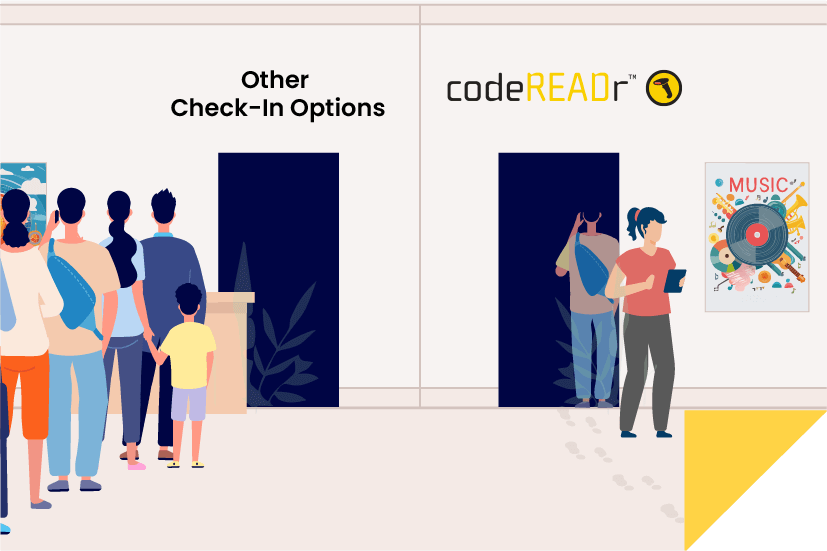Sept 2, 2025 • 2 min read
Scanning SSCC Barcodes for Supply Chain Visibility

CATEGORIES
SOCIAL SHARE
Why Scanning SSCC Barcodes is Crucial for Supply Chain Visibility
When people discuss GS1 standards, the GTIN often takes center stage. It’s the identifier on the product you buy in a store or scan at checkout. But for the logistics industry, the real game-changer is the Serial Shipping Container Code (SSCC) — the 18-digit “license plate” of every pallet, carton, or container moving through global supply chains.
Here’s the problem: not every facility, truck, or partner has a full warehouse management system (WMS) in place. That’s where a mobile platform like CodeREADr becomes invaluable.
- Scan anywhere: Drivers, dock staff, or field teams can scan SSCCs with a smartphone — even offline.
- Instant validation: Upon scanning, confirm that the SSCC matches the expected shipment or hasn’t already been received.
- Rich data capture: Tie photos, GPS, and timestamps to the SSCC for a tamper-proof chain of custody.
- Easy integration: Push SSCC scan events directly into WMS, TMS, or ERP systems via CSV links or APIs.
Scanning SSCC Barcodes: The Bigger Picture
Think of the SSCC as the anchor for supply chain data. By making SSCC scans fast, flexible, and universally accessible, companies can bridge gaps between systems, partners, and geographies.
At CodeREADr, we believe this is how logistics partners can achieve true end-to-end visibility without overhauling their existing tech stack. It’s not just about identifying units. Instead, it’s about empowering every scan to drive smarter decisions.
Summary
Value is derived from real-time verification, exception handling, and seamless system integration.
SSCC: the license plate of logistics units (pallets, cartons, totes).
CodeREADr: the flexible, mobile data capture and validation layer used anywhere in the supply chain.
Please review this informative article on GS1 Conversion and use this link to schedule a quick meeting.


